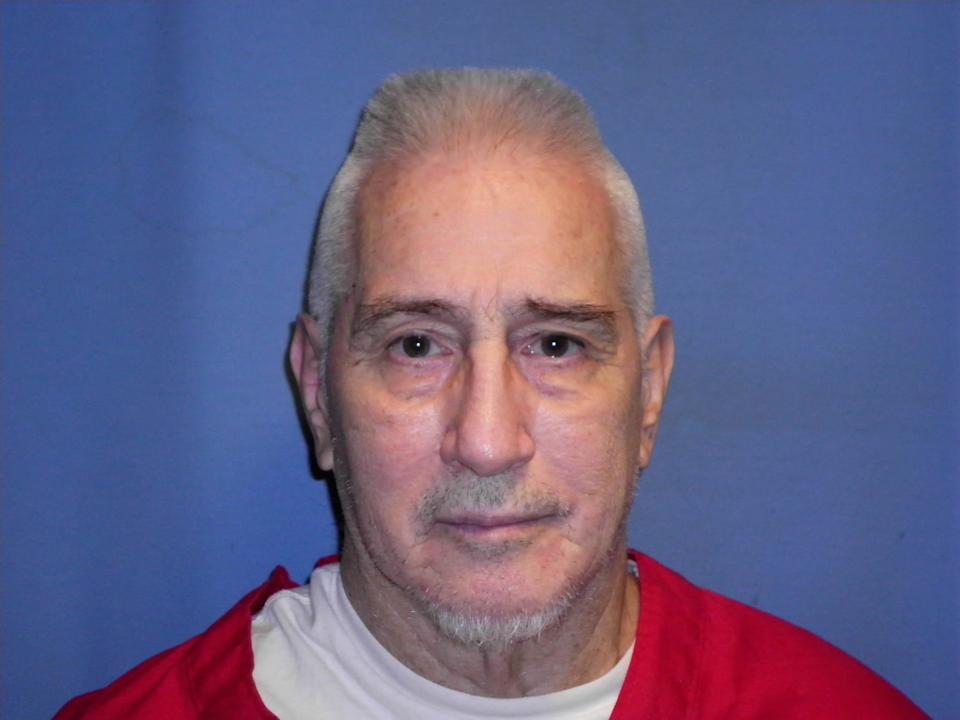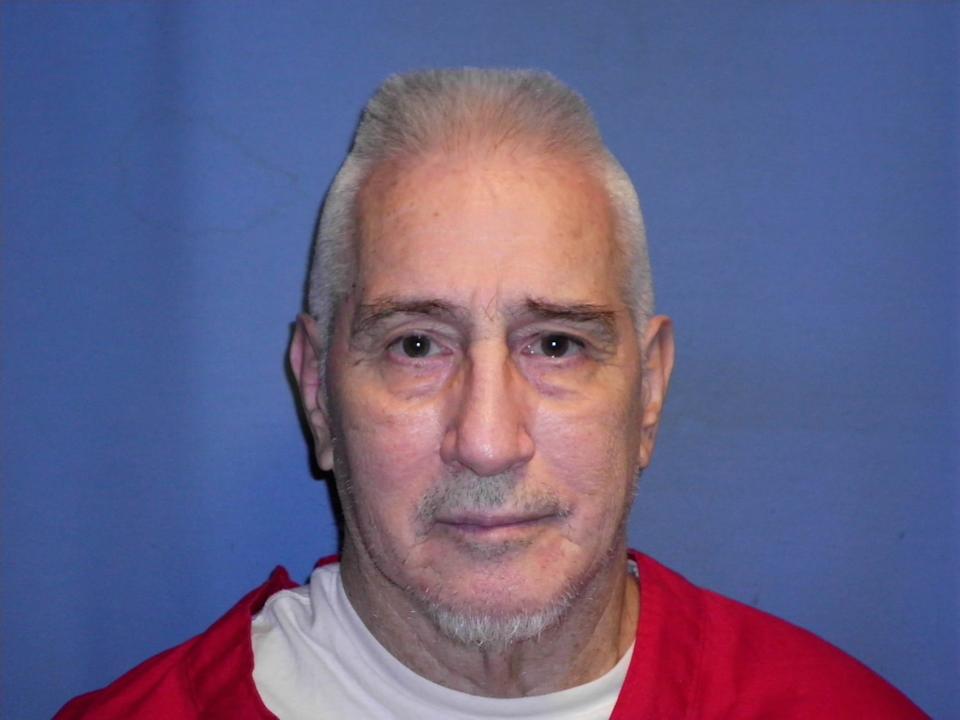Mississippi’s longest-serving death row inmate, 78-year-old Richard Gerald Jordan, is scheduled to be executed on June 25—nearly half a century after he was first sentenced to death.
The state Supreme Court issued the ruling Thursday, stating that Jordan has exhausted all appeals at both the state and federal levels.
Jordan was convicted in 1976 for the kidnapping and murder of 34-year-old Edwina Marter in Harrison County. He had previously filed numerous appeals over the decades, the most recent of which was denied last October.
Court records show that Jordan travelled from Louisiana to Gulfport, Mississippi, in January 1976.
After calling the Gulf National Bank to inquire about Charles Marter, Edwina’s husband, he found their home address and went to the residence posing as an electric company worker.
He kidnapped Edwina and later shot her to death in a wooded area. He then called her husband demanding $25,000, falsely claiming she was still alive.
The state’s high court wrote in its ruling: “After due consideration, the Court finds Jordan has exhausted all state and federal remedies for purposes of setting an execution.”

READ ALSO: Top Military Officials Say U.S. Bases Can’t Stop Drone Threats
The exact method of execution was not specified. Under Mississippi law, the death penalty can be carried out by lethal injection, nitrogen hypoxia, electrocution, or firing squad.
Jordan’s legal team has not yet released a public statement regarding the ruling or any final legal maneuvers that may follow.
Jordan’s case has drawn attention not only because of its age but also for the length of time he has remained on death row. He has spent 49 years behind bars, much of it in solitary confinement.
The ruling comes on the same day another high-profile execution took place in Florida—Army veteran Jeffrey Hutchinson was put to death despite mental health concerns raised by fellow veterans.
If carried out as scheduled, Jordan’s execution will mark a historic moment for Mississippi’s justice system—and possibly raise fresh questions about the morality and efficiency of prolonged death row sentences.















